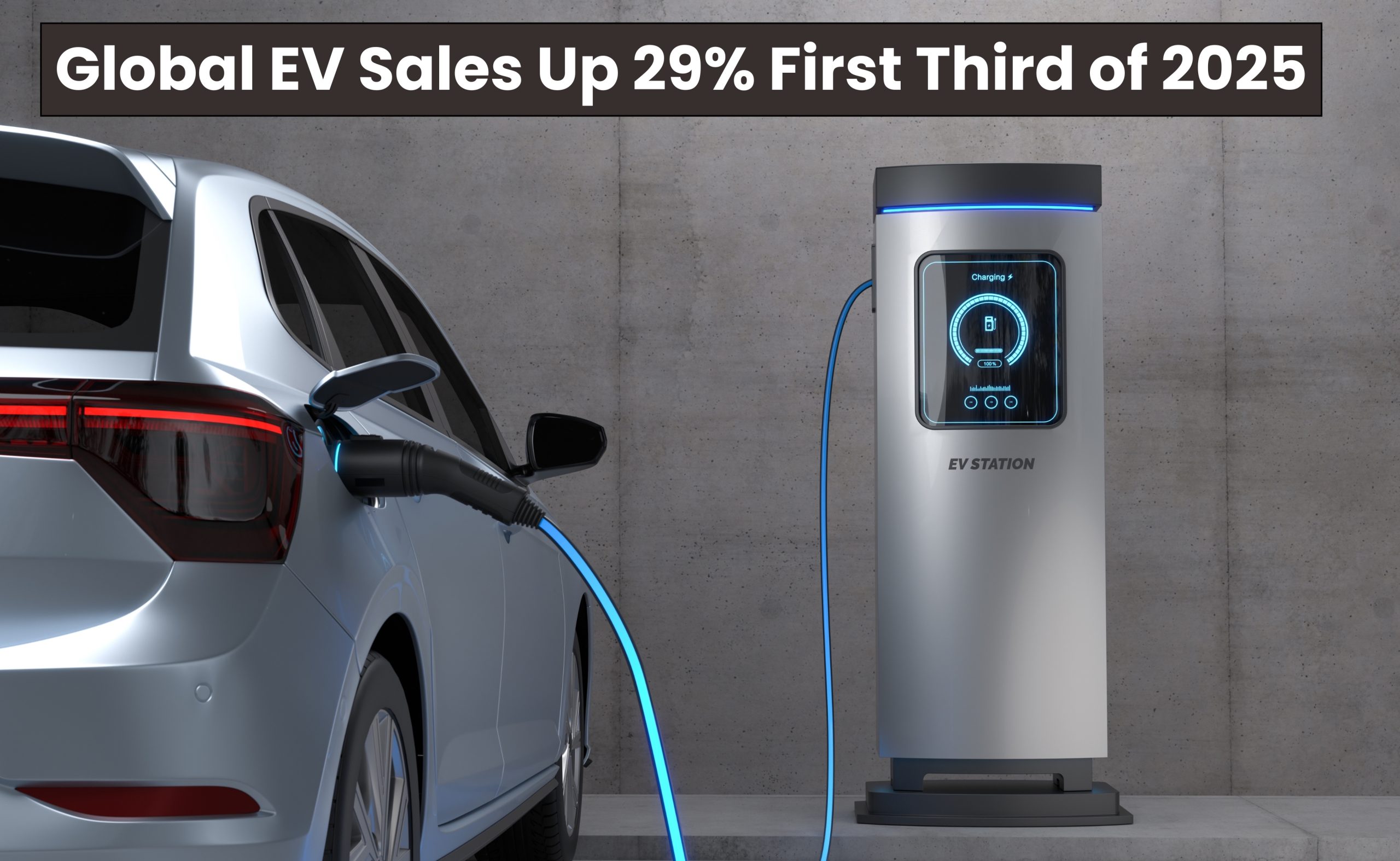Rising EV Sales Signal Critical Need for UK Battery Recycling Infrastructure

The global shift to EVs continues to gain momentum. According to new data from Rho Motion (May 2025), 5.6 million EVs were sold globally between January and April 2025 – a 29% increase over the same period in 2024. Europe accounted for 1.2 million of these, with the UK market alone growing by 32% year-on-year.
This upward trend reflects the accelerating pace of electrification across major automotive markets, driven by regulatory pressure, emissions targets and strong consumer demand. Yet behind this growth lies an equally pressing challenge: managing the rising volumes of lithium-ion battery waste.
The Battery Challenge Behind the EV Boom
Each EV sold today contains a battery that will eventually reach end-of-life. Whether from vehicle use or manufacturing scrap, lithium-ion batteries present safety, environmental and logistical challenges once they are no longer fit for purpose.
Battery recycling is not just a waste management issue, it’s a strategic necessity. Recovering materials such as lithium, cobalt, and nickel from end-of-life batteries helps reduce dependency on raw mineral extraction and supports local supply for future cell production.
At present, much of Europe’s capacity focuses on pre-treatment only, with material often exported overseas for refining. This increases transport costs, carbon emissions, and supply chain risks.
Recyclus Group: A Scalable Solution
Recyclus Group is already addressing this challenge at scale. Since July 2023, our Wolverhampton facility has been safely processing lithium-ion batteries from electric vehicles, e-bikes, consumer electronics, and industrial sources.
Our facility utilises a fully automated discharge, shred, and separation system to convert these batteries into black mass – a concentrated material containing valuable battery metals. Black mass is a vital intermediate product in the battery supply chain and a key revenue-generating output for the business.
So far, Recyclus has delivered over 128 tonnes of black mass into commercial offtake agreements, with monthly volumes increasing and consistent operational output in place.
Building Domestic Capacity to Meet Demand
Despite this progress, the UK and EU still face a significant gap in domestic battery recycling infrastructure. As EV adoption grows, so too does the volume of batteries needing safe, compliant and localised end-of-life management.
Relying on overseas capacity for treatment and processing is no longer a viable long-term strategy, particularly as global competition for battery materials intensifies. There is a clear opportunity for governments and industry to support the scaling of domestic solutions that strengthen environmental performance and energy security.
The Time to Act is Now
The growth in EV sales highlights a positive step forward in decarbonising transport. But to support that transition fully, the UK needs to invest in robust systems that recover, recycle and repurpose battery materials at end-of-life.
With a commercially proven model and growing national footprint, Recyclus is committed to advancing a resilient, secure, and circular battery ecosystem – recovering critical materials that support the clean energy transition.
